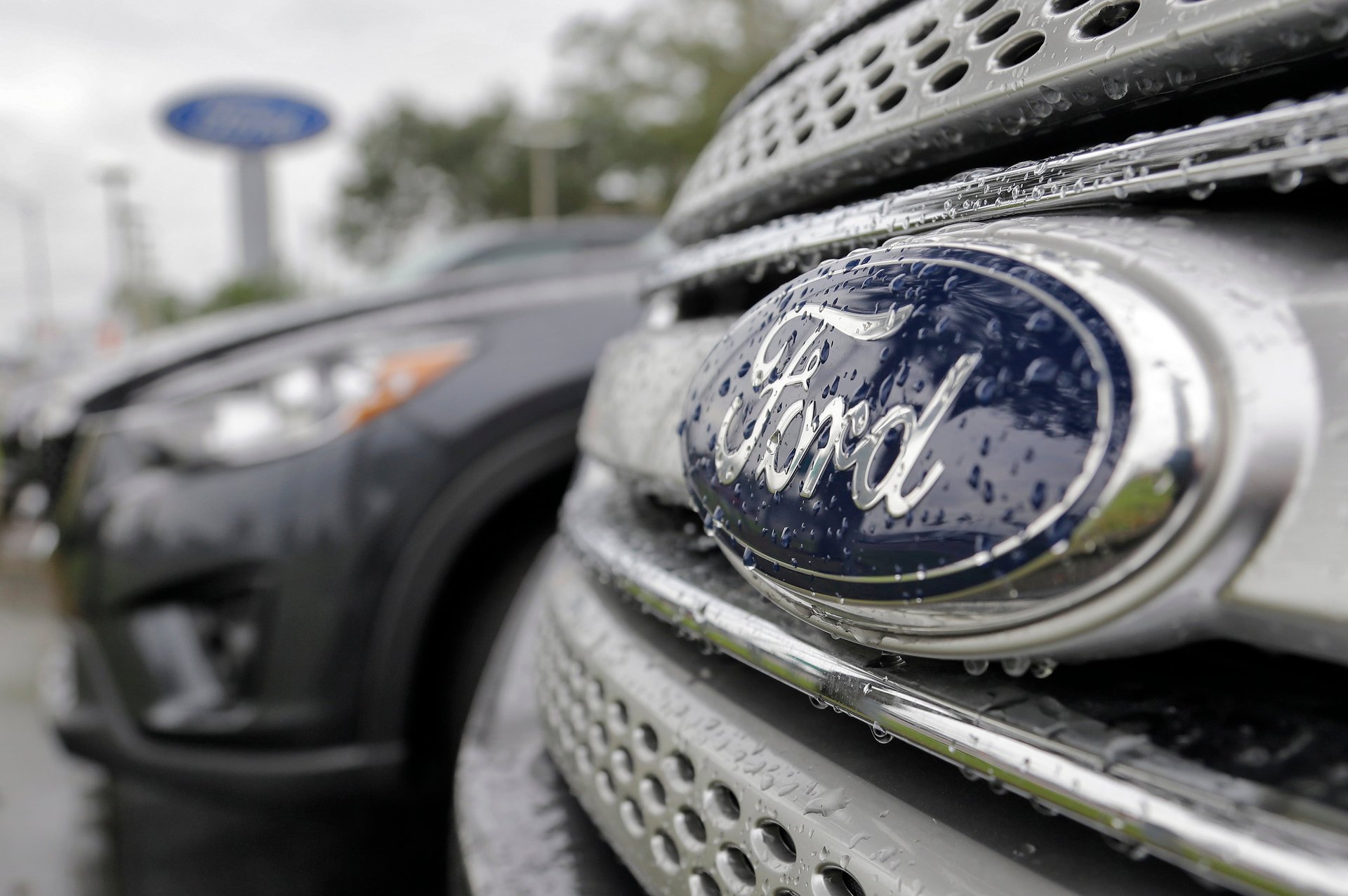Ford’s found a way to appease Chinese consumers who hate the new-car smell
In the US, you can buy fragrances that emulate the new-car smell. In China, such an idea would seem utterly absurd because consumers loathe that lingering scent.


In the US, you can buy fragrances that emulate the new-car smell. In China, such an idea would seem utterly absurd because consumers loathe that lingering scent.
Ford has long known this, having hired “golden noses” in China whose job is to sniff car parts, sending them back when their scent is deemed offensive. Adding to its research in the area, the company on Nov. 8 filed a patent application for a process that purports to remove the smell, reports the Detroit Free Press.
According to JD Power, more than 10% of drivers in China—the world’s largest auto market—complained about the new-car smell in its 2018 survey. As Quartz has reported in the past, Chinese consumers who are car shopping think the odor is a bigger problem than poor fuel economy and wind noise, as some worry the smell could be a health hazard.
It’s understandable why they might think that. According to Ford’s application, the new-car smell is caused primarily by the off-gassing of volatile organic compounds (VOCs) from the vehicle’s materials, such as plastic, leather, and vinyl. In addition, the adhesives, glass cleaners, and sealants used in the manufacturing process can also contribute to the odor. The US Environmental Protection Agency notes that exposure to VOCs can have health effects ranging from headaches to memory impairment, though some chemicals have no known health effects.
The process detailed by Ford in its patent application proposes using heat to speed up the off-gassing by “baking” the car in the sun. The baking process would be accompanied by opening at least one window, turning on the heater, turning on the fan, or running the engine. Ford’s proposed system would use sensors to determine if the intensity of the sunlight and the ambient temperature are high enough to trigger the off-gassing and to measure the level of VOCs.
Though Ford has clearly spent time thinking about this problem, the company told the Free Press it doesn’t have specific plans to deploy the technology in its vehicles yet. “This patent is the result of years of research and is just one idea we are considering for future use,” Debbie Mielewski, senior technical leader in materials sustainability at Ford, told the newspaper.